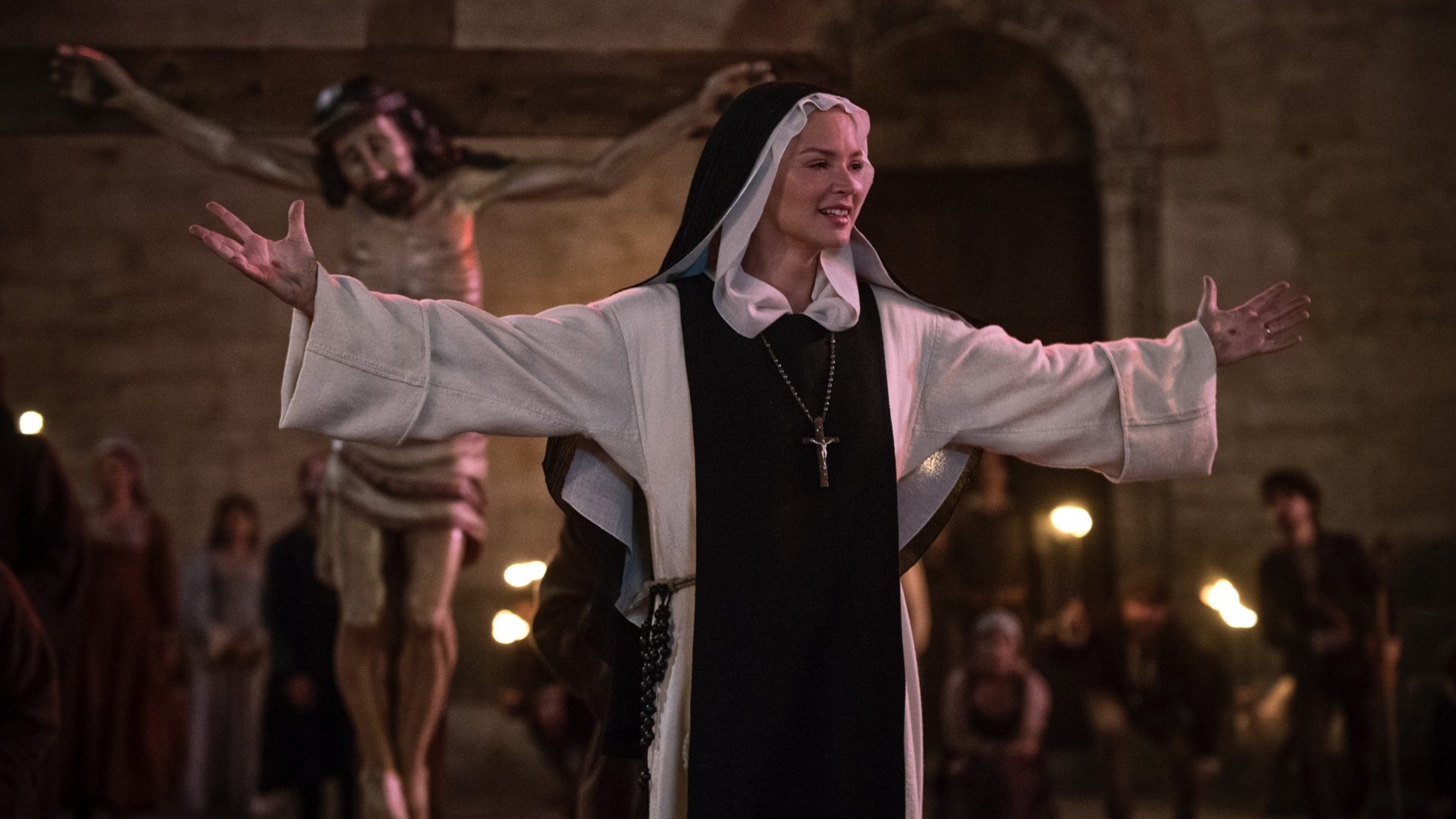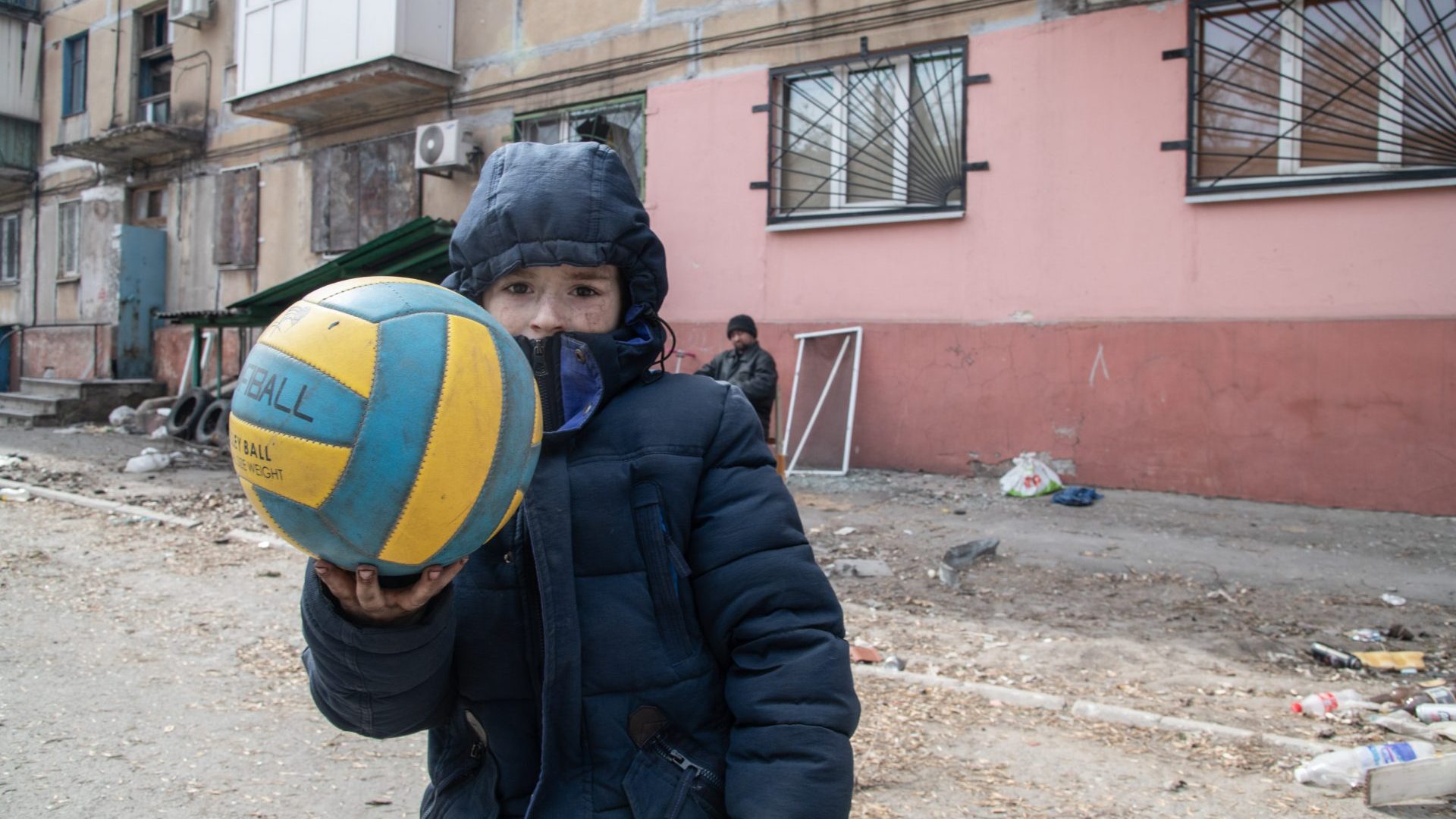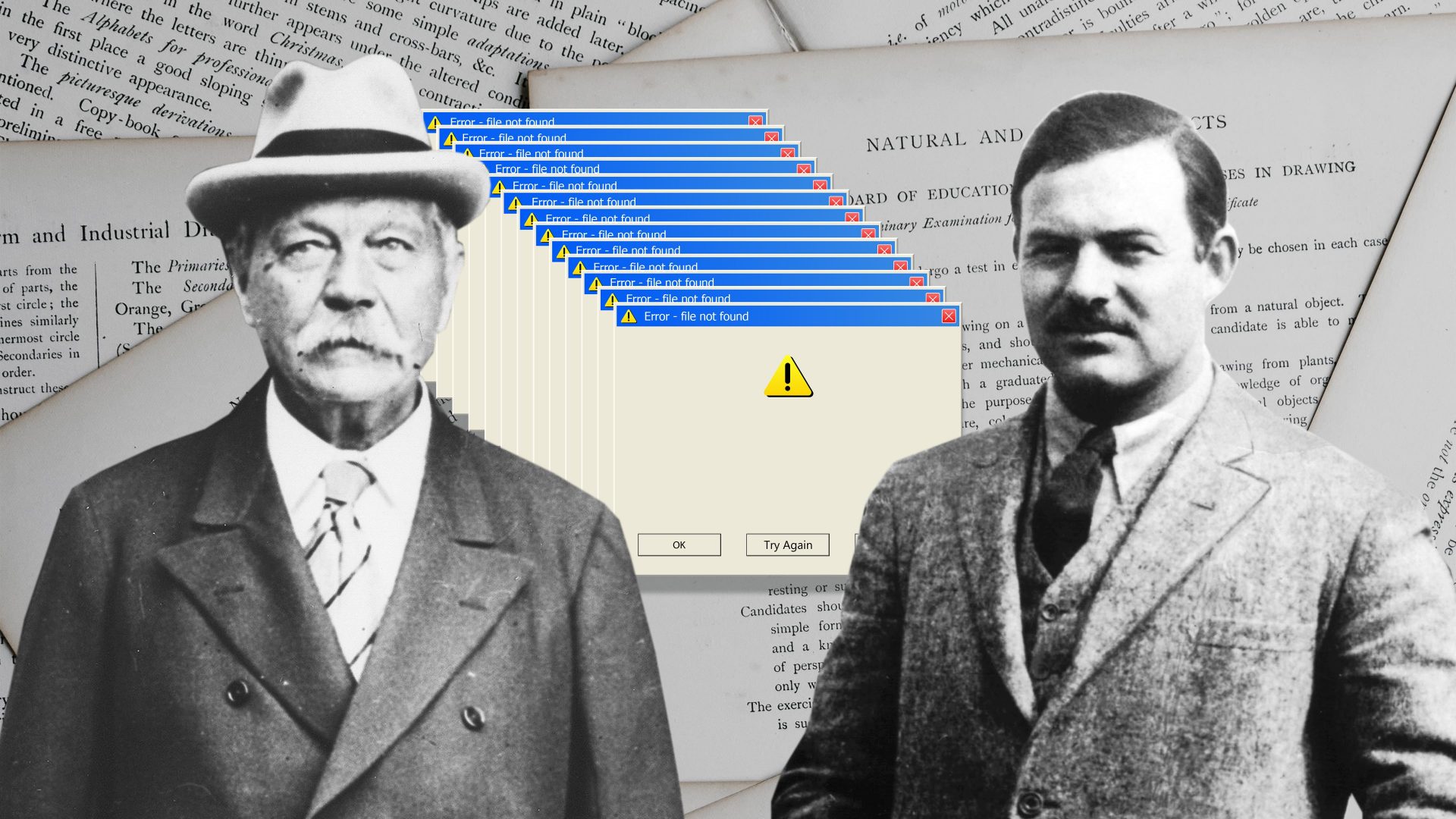Sex and violence – these are the things Paul Verhoeven is synonymous with. Make that graphic sex and violence.
Whether you’re a fan of his early films or his raft of Hollywood blockbusters – RoboCop, Total Recall, Basic Instinct – few will be unfamiliar with the Dutchman’s cinema of excess. How strange, then, that the man infamous for his love of carnage and the carnal should also harbour profound interest in art and religion.
For evidence of the latter, look no further than Verhoeven’s 2007 pseudohistory of Jesus of Nazareth, a serious-minded work that posits Christ as a fugitive freedom fighter radicalised by being a child of rape rather than the son of God.
And now there is his most recent cinematic release, Benedetta, which documents life in a 16th-century Italian convent.
Given that the film is based on a book subtitled The Life Of A Lesbian Nun In Renaissance Italy, Benedetta grants Verhoeven plenty of room to explore his more challenging preoccupations.
So it is that, when the title character (played by the Belgian actress Virginie
Efira) experiences visions of Christ, they invariably culminate in orgasm. And as for the relationship between the convent’s abbess (the ever-excellent Charlotte Rampling) and the Virgin Mary, it climaxes with the former using a wooden effigy of the latter as a sex toy; something that’s not even in the source material.
Banned in Singapore and picketed at the New York film festival, Benedetta’s cocktail of blood and blasphemy is pretty much par for the course with Verhoeven. But is the film, as the lead actress claims, a work of depth by a
transgressive, feminist auteur whose complex female leads grapple with freeing themselves from male-dominated power structures?
Or, as Verhoeven’s critics say, is it an exploitation movie by an exploitative
director, a man once accused by Sharon Stone of tricking her into revealing herself in Basic Instinct?
Born in Amsterdam in 1938, Verhoeven was a child of the second world war. Indeed, as John Boorman poured his fond memories of the time into Hope And Glory, Verhoeven – the second syllable rhymes with “you” not “low” – channelled his passion for the period into his early work, a string of short documentaries he made for the Dutch navy during national service.
Back on civvy street, Verhoeven was let loose on Floris, a blood-and-guts TV
drama that, among other things, introduced him to the man who would became his actor of choice. For while Rutger Hauer might have been missing
from the director’s cinematic debut – the so-so sex comedy Any Special Way
– he was integral to the films that secured his fellow countryman’s reputation.
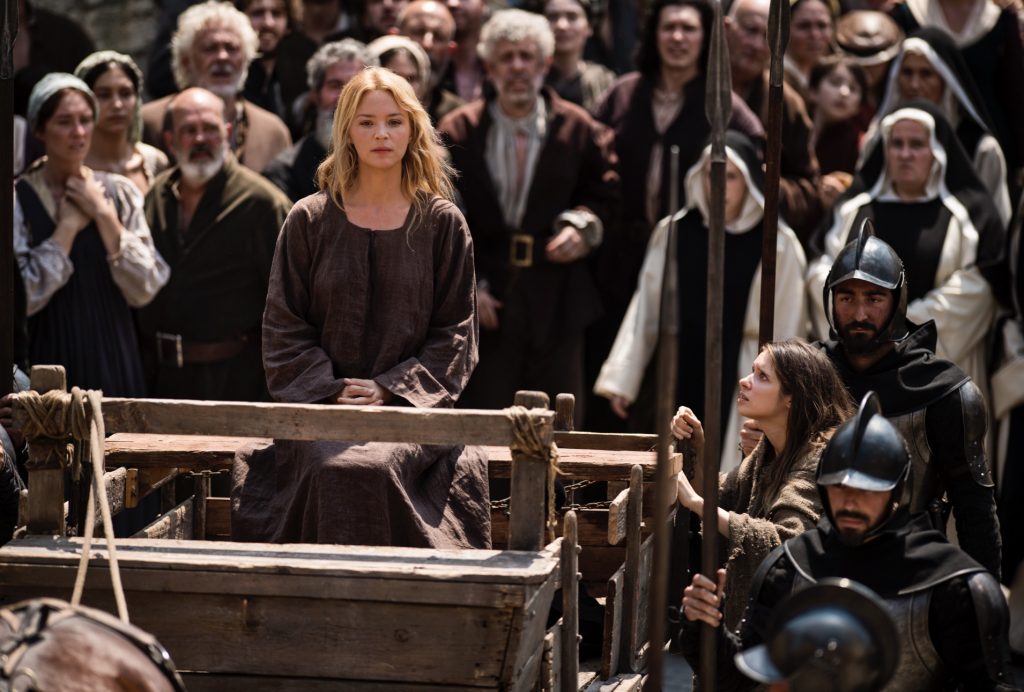
Starting off with Turkish Delight (1973) – an exploration of erotica that still holds the record for a Dutch film at the domestic box office – Hauer teamed up with Verhoeven again for Keetje Tippel – a drama about a 19th-century prostitution scandal – and Soldier Of Orange, in which the wartime experiences of the Netherlands as a whole and the young Verhoeven in particular were thoroughly explored.
Hauer also cameos in Spetters (1980), a film about a trio of Dutch speedway riders who all fall for the same woman. Its reputation for controversy in large part based on a horrific gang rape, Spetters received a kicking from local film critics. Why, they wondered, couldn’t the clearly talented Verhoeven channel his abilities into works of art rather than revulsion?
The director responded with The Fourth Man in 1983, a film about a
Catholic author (Jeroen Krabbé) and the men and women in his life, two of
whom happen to be Jesus Christ and the Virgin Mary.
Overtly arty, The Fourth Man received the best reviews of Verhoeven’s career to date. Highly amused at how easy it had been to placate the critics, the director gathered up his things and moved to Hollywood.
With 1985’s medieval Wild Bunch remake Flesh+Blood proving English-language cinema was no barrier to him, the wisdom of our man’s move to
America was born out by the first film he made there.
Though it has been remade and ripped off any number of times, 1987’s RoboCop remains an extraordinary piece of work. Itself a none-too-subtle
reimagining of 2000 AD stalwart Judge Dredd – check out the early costume
designs if you believe otherwise – RoboCop might be insanely violent, but it’s also remarkably funny. And when it’s not satirising the news media and modern-day advertising techniques, it also enables Verhoeven to address his fascination with faith. Telling the story of a man who dies, is restored to life and goes on to walk on water, it is easy to see why the director considers RoboCop to be his “Jesus picture”.
From Old Detroit, Verhoeven jetted off to Mars for an adaptation of Philip K Dick’s We Can Remember It For You Wholesale. Starting out life as a David Cronenberg project, Total Recall couldn’t have been a better fit for the Dutch king of carnage. A huge budget, a brilliant effects team, a leading man – Arnold Schwarzenegger – keen to prove there was more to him than the T-800 and an actress – Sharon Stone – who was long overdue a meaty leading
role, the picture came together perfectly even as Arnie pulled his adversaries apart bloodily.
Having made mention of Stone, she would become more famous still when
she hooked up with Verhoeven again for 1992’s Basic Instinct, an erotic thriller than upset pretty much everybody except the bean counters. As if bent on upsetting the accountants too, the Dutchman then made his lavish Vegas extravaganza Showgirls (1995) which was dead at the box office even before the critics had a chance to stick the knife in.
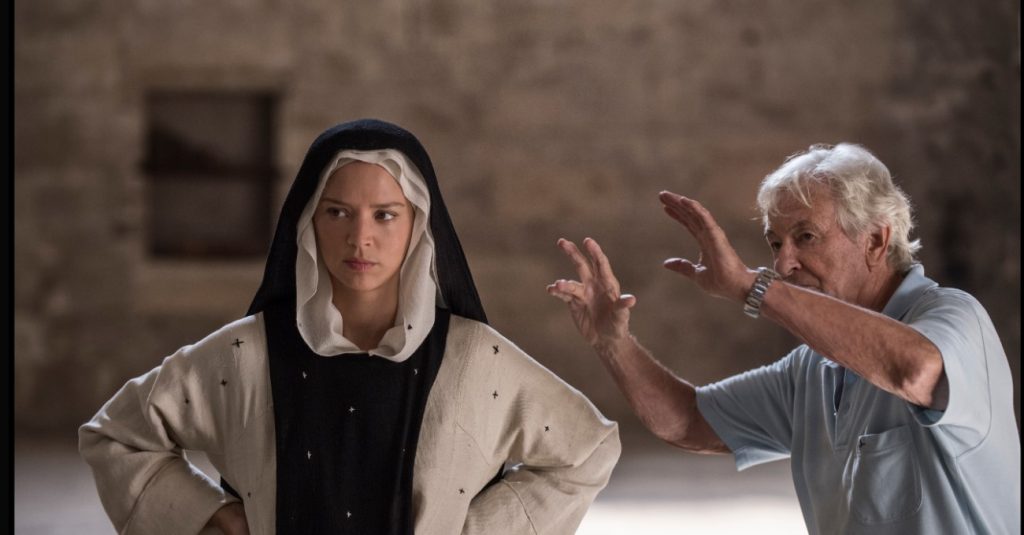
Every bit as indestructible as RoboCop, Verhoeven responded to his first out-and-out failure with Starship Troopers, a superb adaptation of the Robert Heinlein novel that pits neo-Nazis against giant space bugs and then dares you to back one adversary over the other. Though perhaps the most consistent of his Hollywood movies, Starship Troopers spelled the beginning of the end for Verhoeven in America. The choice was his and he hinted at the reasons for it when talking to Alex Cox about his admiration for another director, Akira Kurosawa…
“I have six or seven of his films on laser,” Verhoeven enthuses towards the end of Kurosawa: The Last Emperor. “I look at them two or three times a
year, just to feel that film is art as I’ve almost forgotten that… I feel, ‘Oh, wow! That’s why I wanted to become a film-maker, and look what I’m doing now: special effects, and then another movie… about special effects.”
That other movie about special effects was 2000’s Hollow Man. Upon its completion, Verhoeven resolved to spend the rest of his professional life making pictures in Europe.
And what pictures he has gone on to make. The Academy award-nominated second world war drama Black Book, Elle (a crime thriller that secured Isabelle Huppert a long-overdue Oscar nod), his Sapphic Catholic saga Benedetta; he might be hurtling towards his 90s but he shows no signs of slowing up. Why, even as I write this, he’s working on an adaptation of Guy de Maupassant’s Bel Ami.
As it’s guaranteed Verhoeven will make films as long as there is breath in his lungs, it’s every bit as certain that some people will never have any love for his pictures. His is not a cinema that is crying out to be embraced, that’s for sure.
But if his work tends to veer in all manner of weird and challenging directions, that might have something to do with the bizarre life he has lived,
one that began in the crucible of the Nazi-occupied Low Countries and has
included at least one horrifying delusional episode. For when the young Paul attended a screening of the original King Kong, he grew convinced that the great ape was in fact an angel of the Lord, sent to damn him and his then-girlfriend for having dared to contemplate an abortion.
Undeniably strong stuff, but then what else would you expect from Paul Verhoeven, a man who can even take daydreaming to the extreme…

